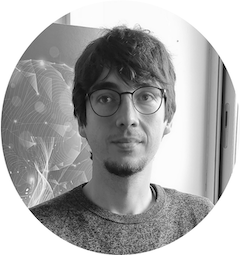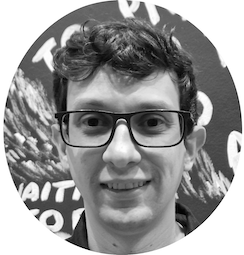People
Prof. Yamir Moreno (Group Leader) Senior Group Members PhD Students Past Members Visiting Scientists Main Collaborators
Prof. Alejandro Tejedor

Dr. Alberto Aleta
Dr. Alberto Aleta is a data and network scientist currently based at the Institute for Biocomputation and Physics of Complex Systems (BIFI), University of Zaragoza, where he holds a Ramón y Cajal fellowship. His research integrates theoretical modeling with data-driven approaches to investigate complex systems, with a focus on network science, epidemic dynamics, and collective behavior. He holds a BSc in Physics (2014), an MSc in Physics and Physical Technologies (2015), and a PhD in Physics (2019, International Mention and Extraordinary Award) from the University of Zaragoza. After completing his PhD as an FPI fellow, he joined the Institute for Scientific Interchange (ISI) in Turin, Italy, as a postdoctoral associate. There, he worked on the application of multilayer network science to explore the interconnections between agriculture, food, culture, and health. During this period, he also held an adjunct professor position at the Open University of Catalonia (UOC), where he taught in the Bachelor’s and Master’s programs in Data Science. In 2023, he returned to the University of Zaragoza as a Ramón y Cajal fellow to continue developing interdisciplinary and data-driven approaches to complex systems. Dr. Alberto Aleta has authored more than 40 peer-reviewed journal articles and has presented his work at over 30 international conferences. He has built an extensive global network of collaborators across 15 countries and has played an active role in the organization of several international conferences and workshops. In addition to his academic work, he is committed to public engagement and science outreach, having participated in events such as Pint of Science and the European Researchers’ Night, and appeared in media including national television, radio, and documentaries. A passionate educator and science communicator, he has delivered lectures in academic programs in Spain, Italy, and Portugal. He currently teaches Differential Equations and Computational Physics at the University of Zaragoza. Since 2023, he also coordinates a summer course titled Introduction to Data Science in Jaca, Spain, and leads a teaching innovation project focused on integrating modern programming practices into science education. Additionally, he serves as a tutor for third-year Physics undergraduates, offering academic guidance, career advice, and support throughout their university experience.

Dr. Henrique Ferraz de Arruda


